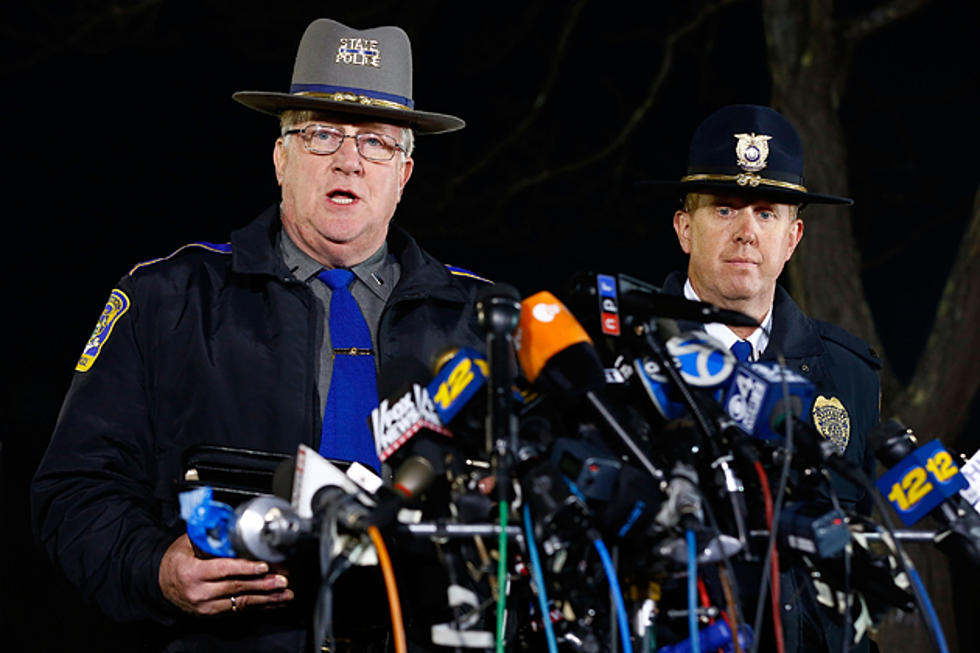
Advice on Talking to Your Children About Violence Against Kids
GovernorDayton, Flickr
UNDATED - Children are exposed to numerous accounts of violence against kids, such as abductions, murder, and random acts of terrorism.
Parents need to be aware that children may react strongly to those events and should be prepared to discuss their child's thoughts and feelings. The following are some guidelines for parents:
- Be honest about the situation. Give your children information at their own level and put it in context. Explain that even though frightening things happen to children every once in awhile, most children go about their day with no harm. Don't describe unlikely scenarios that would unnecessarily frighten your children.
- It helps to know what information your child is getting. Monitor their exposure to television reports, and help explain what they see if they do watch television. Ask them what they are hearing at school and, if necessary, give them factual information to dispel rumors they are hearing from others.
- Limit the amount of exposure to violent movies, videos, or computer games. The impact of violence for children is cumulative.
- Understand that children of different ages react differently. Younger children may react by showing more separation anxiety when their parents leave them at daycare or school. Older children may present a rough exterior or act out aggressive behavior.
- Provide extra emotional support for your children. Review safety precautions and practice routines of going to and from school with them. Teach your children that they should go to an adult that they trust if they feel threatened in any situation.
- Avoid infecting your children's lives with your own anxiety. If you are feeling overwhelmed by anxiety caused by traumatic events, take steps to deal with your own feelings before your children are affected.
- Be aware of other areas of children's lives that may make them especially vulnerable to fears regarding violence against children. Children who have experienced a traumatic incident in the past, children who are grieving a personal tragedy, and children who are ill are all more susceptible to anxiety regarding other events.
- Children need personal reassurance. Tell them what you are doing to ensure their safety; tell your children what their daycare provider or teacher is doing to maintain safety; and tell children what they can do to enhance their own safety.
- Don't overdo it. Maintain normal routines for eating, sleeping, and play. Keep an eye open for any signs of anxiety.
Source: Family Resource Center at Minneapolis Children's Hospital and Clinics for Family Information Services, Minneapolis, MN
More From AM 1240 WJON

![Area Schools Plan, Prepare for Students in Wake of School Shooting [AUDIO]](http://townsquare.media/site/67/files/2011/11/Tech-High-School-2.jpg?w=980&q=75)







